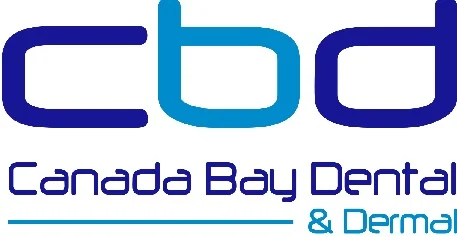Breast Feeding vs. Bottle Feeding – The Impact on Your Baby’s Teeth
/There is an ongoing discussion about the relative merits of breast feeding vs. bottle feeding. The current approach in dentistry favours breast feeding as the best way to nourish babies and help them to develop a healthy immune system. However sometimes, for a variety of reasons, bottle feeding turns out to be the better or in some cases, the only option. What are the comparative impacts of both of these feeding methods on your baby’s teeth?
General Wisdom on Newborn Feeding
One thing we can all agree on is that newborns do not require anything to eat or drink other than breast milk or formula. Infant oral health is relatively uncomplicated, as there are not too many moving parts. The important thing for newborns is that they receive the nourishment they require on a regular basis, so that they can maintain steady growth and development.
Breast Feeding and Baby’s Oral Health
According to this 2011 article, evidence suggests that breast feeding does not pose as much of a risk of forming tooth decay in a baby’s mouth as bottle feeding. There are several reasons for this. The first is that unless a baby is actively nursing, milk will not continue to flow and pool inside his or her mouth. This is not necessarily the case with a bottle. Also, it has been shown that one of the components of breastmilk, lactoferrin, helps to kill the bacteria that cause dental decay. Other studies indicate that the milk proteins found in breast milk can actually help protect the tooth’s enamel. Even still, it’s important to remove your baby from your breast after feeding, as the natural sugars in milk can still damage baby’s teeth if left in contact with enamel over extended periods of time.
Bottle Feeding and Baby’s Oral Health
Bottle feeding in babies can cause significant damage to baby teeth, if not monitored properly. Babies should not be allowed to keep the bottle in their mouths after they are done feeding. In the same way, babies should not be allowed to sleep for long periods of time with the bottle in their mouths, as this can allow pools of milk or formula to collect around teeth. As mentioned above, prolonged contact of teeth with milk or formula can cause damage to the new teeth’s enamel. It is suggested that by the time a bottle fed child is 6-8 months old, it is time to introduce a feeding cup so that the bottle can be eliminated by the age of 12 months.
It is important that only milk or formula be given to babies to drink. If your baby continues to be thirsty, or shows signs of being dehydrated, then it’s better to give them water to drink than fruit juices or sweet drinks. The sugar content will create a perfect environment for bacteria.
New Parents and Babies – Other Tooth Issues
Here is one thing you may not know. Tooth decay begins developing from the time that oral bacteria is introduced into a child’s mouth. This can happen if the parent shares utensils with a baby, uses her mouth to wash off a bottle or a dummy, or otherwise allows her saliva to mix with that of her baby. It’s important to make sure that anything your baby puts into his or her mouth has been properly cleaned.
As new parents, it’s important to monitor the condition of your child’s teeth. Tooth decay, or dental caries, the primary foe in dentistry, can begin developing at an early age if you are not careful. Caries will present itself first as white bands of discoloration on your child’s teeth near the gum line, and then later, in more advanced cases, as brown bands. If your child’s tooth looks completely brown, then you are dealing with an advanced case of tooth decay that requires immediate attention.
If you are following all of the recommended preventive steps and you still see signs of dental caries on your child’s teeth, contact your dentist immediately. It’s never too early to have your child’s teeth checked if you are concerned, and your dentist can recommend specific fluoride treatments, if necessary, to help you keep your child’s teeth healthy and strong.
